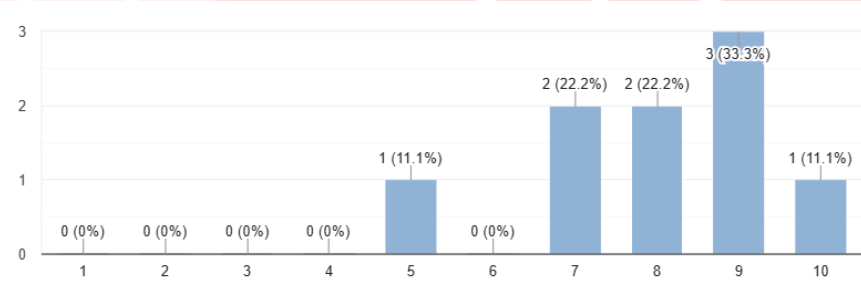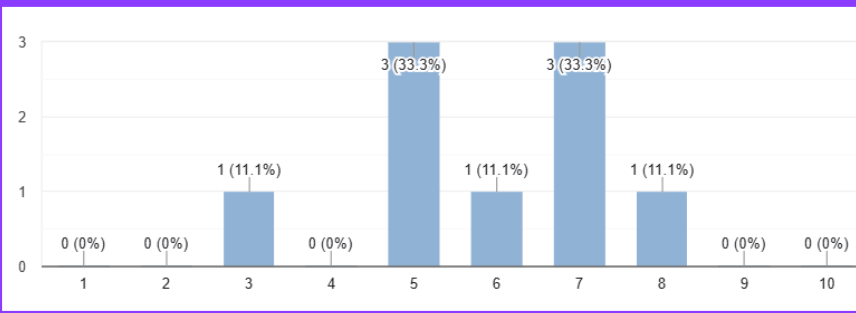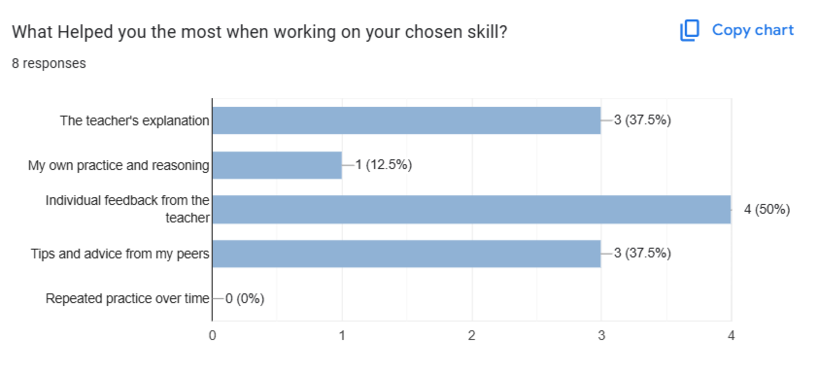Task in relation to theory:
The task I implemented aligns with Jean Piaget's Stage Theory of Cognitive Development, particularly focusing on the formal operational stage (11 years and older) and the concrete operational stage (7–11 years). Here's how the task connects to Piaget's concepts in detail:
1. Stages of Development
Concrete Operational Stage (7–11 years):
Task Relation:
-
Younger students (closer to or within this stage) faced difficulty reasoning through abstract aspects of their movements (e.g., explaining "why" they bent their knees or adjusted their angles).
-
These students benefited more when I provided direct guidance, as their cognitive abilities are better suited to concrete demonstrations and explanations rather than self-directed reasoning.
Formal Operational Stage (11+ years):
Task Relation:
-
Older students (11 and above) were able to engage in abstract reasoning by describing their movements, questioning their techniques, and applying logical adjustments to improve their skills.
-
They found peer feedback on Day 2 helpful, demonstrating their capacity for cooperative learning and more complex reasoning.
2. Schemas and Knowledge Construction
Schemas:The task encouraged students to refine their existing schemas of the selected gymnastics skills (e.g., handstand or dive roll). For example, when students performed a skill and verbalized the movements, they actively engaged in constructing or refining their mental schemas.
Assimilation and Accommodation:
Assimilation: Students integrated my verbal guidance into their existing schemas of a skill. For instance, a student may already know how to perform a handstand and add my instructions into their understanding.
Accommodation: Students modified their schemas after receiving individualized feedback. For instance, adjusting their knee angle based on my questions ("Why that particular angle?") demonstrates schema modification.
Stage Teory of Cognitive Development:
Jean Piaget’s stage theory of cognitive development explains how children develop cognitive abilities through biological maturation and experience. He introduces schemas, the building blocks of knowledge, which give structure to their thoughts and organising them. The older the child gets the more schemas they acquire and perform more complex actions. This is followed by two key processes which are assimilation, taking new information and adding it into an existing schema, and accommodation, modifying existing schemas by matching new information. Piaget argues that knowledge construction occurs through four heirarcal phases, referred to as stages, which is the period in a childs development were they can process information in a given situation. These stages are; the sensorimotor period, the preoperational period, the concrete operational period and the formal operational period. The concrete operational stage is between 7-11 years, children here start to think logically about objects and events. In the formal operational stage 11 yrs up, develops an abstract, logical and hypothetical reasoning. During the formal operational stage we use multiple types of reasoning, theoretical, cominational, proportioal, probabilistic and correlational reasoning.
What actually happened:
-
The students where finding it weird at the beginning talking ad reasoning with themselves
-
It was more effective when i came over them and asked them about it, questioned their movements and better their performance individually
-
I saw a great improvement in most students, they where quite impressed and many managed to perfect the skill.
-
We spent 30 minutes on the task until I arrived at every student.
-
On day 2, some of them the older kids, found this very helpful while the others who are a bit youger where not managinng to understand.
Task based on theory: :
Showcase each student and explain in great detail, how to perform certain skills: explaining how and why we do certain things - record how they each perform without actually saying that the task has started
-
Handstand
-
Handstand forward roll
-
Roundoff
-
Front walkover
-
backwalkover
-
Dive roll
-
Backroll pike
-
- Ask the students to perform a skill, from the above, one that they know but wish to perfect it.
- Ask them individually to describe each movement and question why they are doing certain movements verbally, and try to understand how they themselves can change a way they can do it by performing it.
- Ask them if they need help and guide them through the process if they get stuck Go to each student individually and ask them what and why they have chosen the skill and how they are arranging it. - why do you bend your front knee before going to a handstand, and why that particular angle?
- See how their performance has changed and attitude towards it.
- Small discussion
- On the second day, i told them to do the same exercise but to each other so instead of me going to the child and asking them, they get it from their friends.
Discussion:
How did you feel?
-
They said that it was uncomfortable at first not knowing exactly how to explain their movement
How was the exercise?
-
It was good, they found it good to practice that particular skill in a different way than they are used to.
Did you understand better?
-
They had a better understanding of what they are doing, also there was also more individual moments where i challenged how they thought each step would be
Do you feel that it has been more beneficial?
-
Yes, they feel that most of them managed to experience the skill better than they did early on the previous task.
How was my approach?
-
They enjoyed it when they understood a bit more what they are doing, ad actually managed to perfect it
Which part u preferred - me going up to them
-
The individuality they preferred, and when i explained it to them for 3 of them in a group they managed to create it better.
Would you like me to use this method more often in your lesson?
-
Yes, they told me for certain skills it was much more beneficial than other skills
How did you feel about day 2?
-
The kids who are older that 12 found this very helpful while the younger ones no. why because they where not unnderstading their friends, repeating same words ad getting frusstrated.


